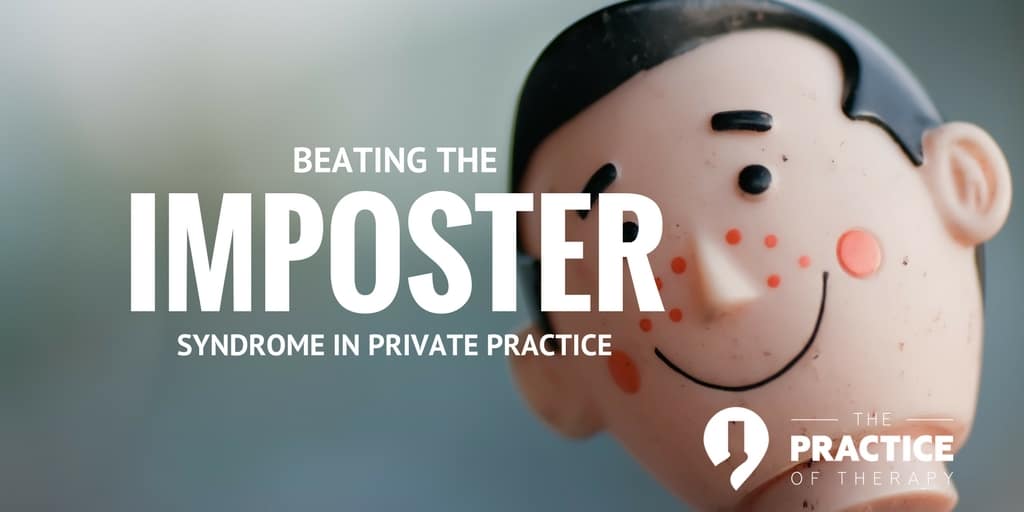 Most of us can remember when we were back in grade school and raising our hand to ask to do something. It usually was when we had to go to the bathroom or needed something from our locker or backpack. Or maybe we were just bored and wanted a change of scenery. There was a rule that was ingrained that said, you have to have “permission” to do something before you can do it.
Most of us can remember when we were back in grade school and raising our hand to ask to do something. It usually was when we had to go to the bathroom or needed something from our locker or backpack. Or maybe we were just bored and wanted a change of scenery. There was a rule that was ingrained that said, you have to have “permission” to do something before you can do it.
Getting Permission
What I have noticed is that this whole “getting permission” mindset carries over into adulthood. And in the mental health fields we really have a big dose of this to contend with. For example, we have to meet certain academic and training requirements to “get permission” from our various states to practice as a clinician. It’s the whole licensure process.
Now I am not knocking licensure process at all! I really do believe that we need to have systems in place to make sure people know what they are doing and have the training they need to practice counseling and therapy professionally. And most importantly, that they do no harm to people and actually help people.
Breaking “Imposter Syndrome”
One of the most common problems we have as mental health professional (and it is probably true for other professions as well) is having a big case of “imposter syndrome”. Because it has been so ingrained for us that you need to have a certain level of experience or expertise to practice in a certain way. It is almost like we have to be given permission by someone to go in a certain direction or practice a certain way. Unfortunately we can sometimes limit our potential by hanging on too tightly to this mindset.
The truth of the matter is that we all have the life experiences, education and ability to conceptualize things in a certain way that gives us all the expertise we need to help people. It really comes down to giving ourselves “permission” to share and use that expertise in our work. Being “certified” to do something does not necessarily mean you can do it well. It just means someone else has signed off on the training and experience you have.
Having excellent clinical skills
Licensure and certifications are necessary in order to maintain the quality of our professions. But licensure and certifications do not necessarily translate into having good clinical skills. For the average client, the letters after our name does not really matter all that much. They just want to know how we can help them. Regardless of our training or our theoretical orientation, good clinical skill comes down to the the ability of an clinician making a connection with the client. And if a clinician simply goes into a session and genuinely listens to the client and gives them some unconditional positive regard, it helps in some way. Clients return because they feel good about the therapist.
Only 10% of Americans hold advanced degrees
My point to all this is, give yourself permission to simply be an expert. You are an expert by virtue of your education and life experiences. Did you know that less than 10% of the population in the US have masters or advanced degrees? And only about 30% of Americans have bachelor’s degrees.
Here are some tips to develop your “inner expert”:
- Set learning goals for yourself. Find what you are passionate about and learn everything you can about that. Even if you feel like you know a lot about a particular approach or topic, you can always learn more.
- Constantly devote yourself to learning new skills on both the clinical and business side of running a private practice. There is some amazing interviews and topics on YouTube. One of my favorites are the TED talks. Check them out.
- Seek out the help of other experts. In particular, it is important to find a mentor; someone that has been there before. Consider consulting as a way to hone your skills and get yourself focused.
- Do more than the minimum for your continuing education requirements. Find a program or seminar that is more in depth to invest in. For example, a few years ago I attended and started the Gottman Method Training for doing couples therapy. It was a significant financial and time investment, but has been invaluable in helping me in my niche and clinical work.
- Identify and continue to hone your niche and who you see as your ideal client. The more you specialize with a particular population or problem, the more you will naturally become an expert. You will learn by doing. So continue to define and narrow down for yourself.
- Blog about your areas of expertise. This will only help you in putting yourself out there as an expert. It will also help with your SEO and getting your website to rank better on search engines. It also has a way of building your expertise. With most blog articles that I write there is some research involved. This only increases the learning curve.
- Educate yourself on things outside your field or career. This might mean getting into a hobby. Or you might even look into ways of creating additional income for yourself in ways not connected to your practice. By doing this, it has a way of helping you be more “well rounded” and having other life experiences to draw from.
Give yourself permission to be an expert
Give yourself permission to disregard that internal “imposter syndrome” you might be carrying around. Most importantly though, start putting things into action. Do what you need to do to hone your skills and put yourself out there as an expert. It will reflect in your work and it will quickly help you bring the kind of clients best suited for your private practice.
 By L. Gordon Brewer, Jr., MEd. LMFT – Gordon is the President and Founder of Kingsport Counseling Associates, PLLC. He is also a consultant and business mentor at The Practice of Therapy. Follow us on Twitter @therapistlearn and “like” us on Facebook.
By L. Gordon Brewer, Jr., MEd. LMFT – Gordon is the President and Founder of Kingsport Counseling Associates, PLLC. He is also a consultant and business mentor at The Practice of Therapy. Follow us on Twitter @therapistlearn and “like” us on Facebook.

